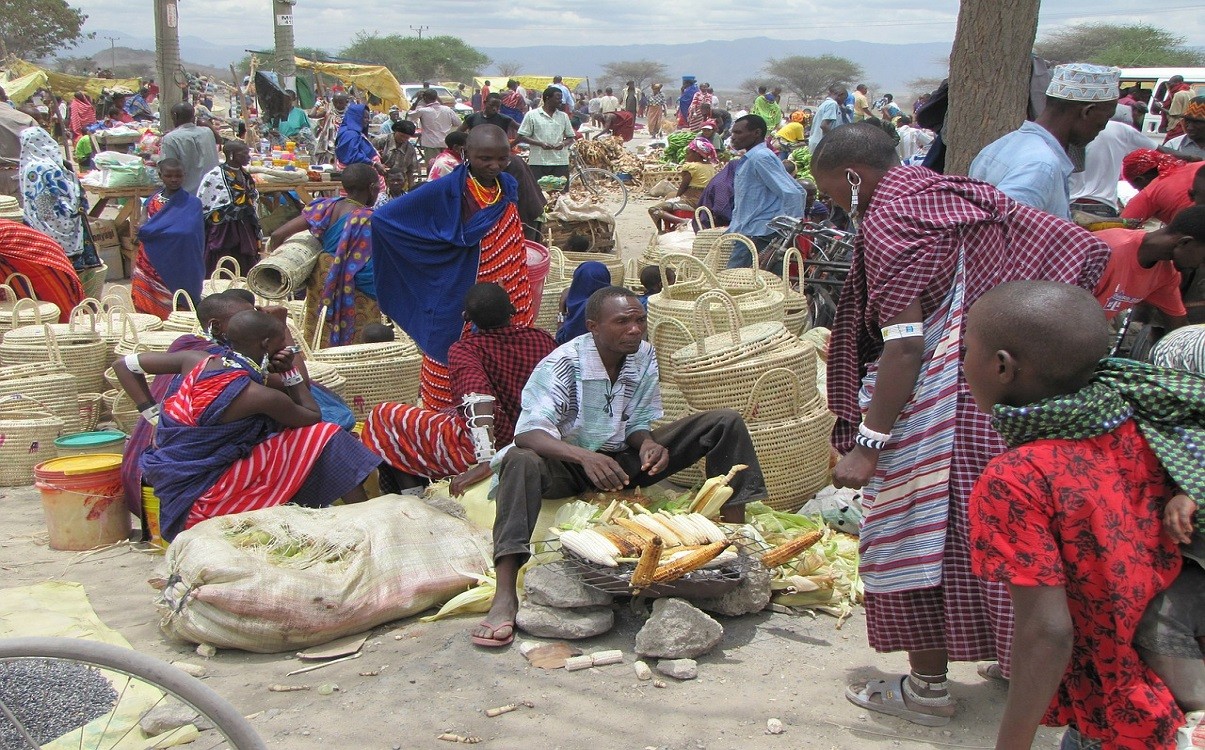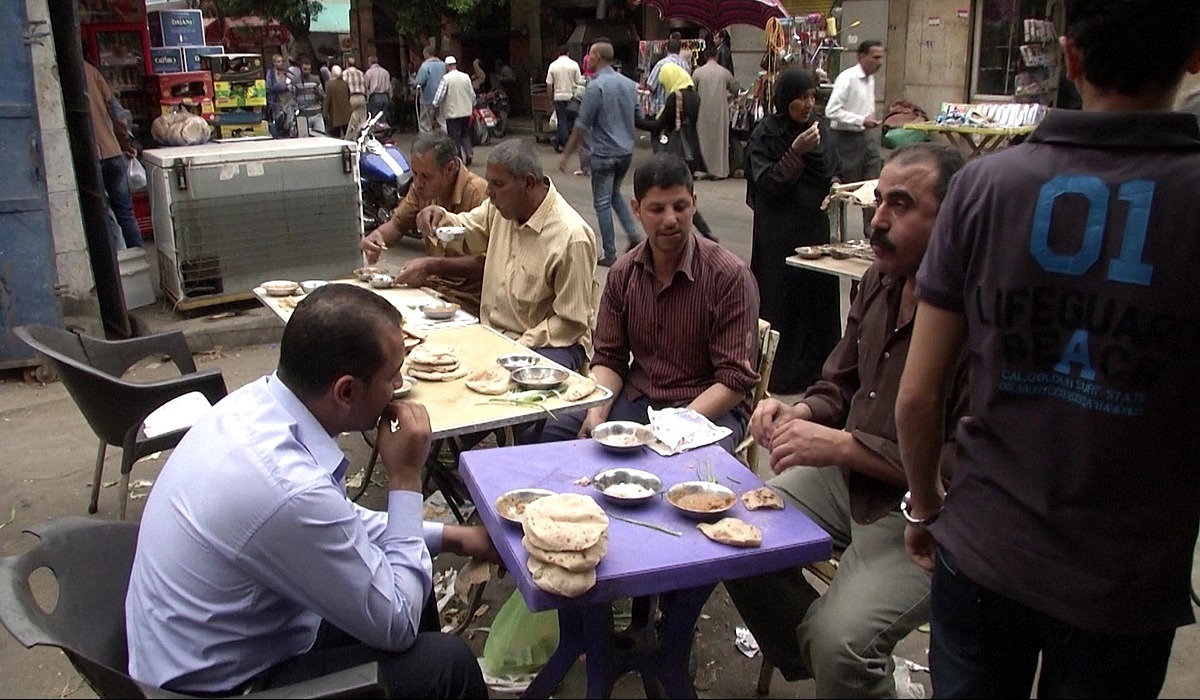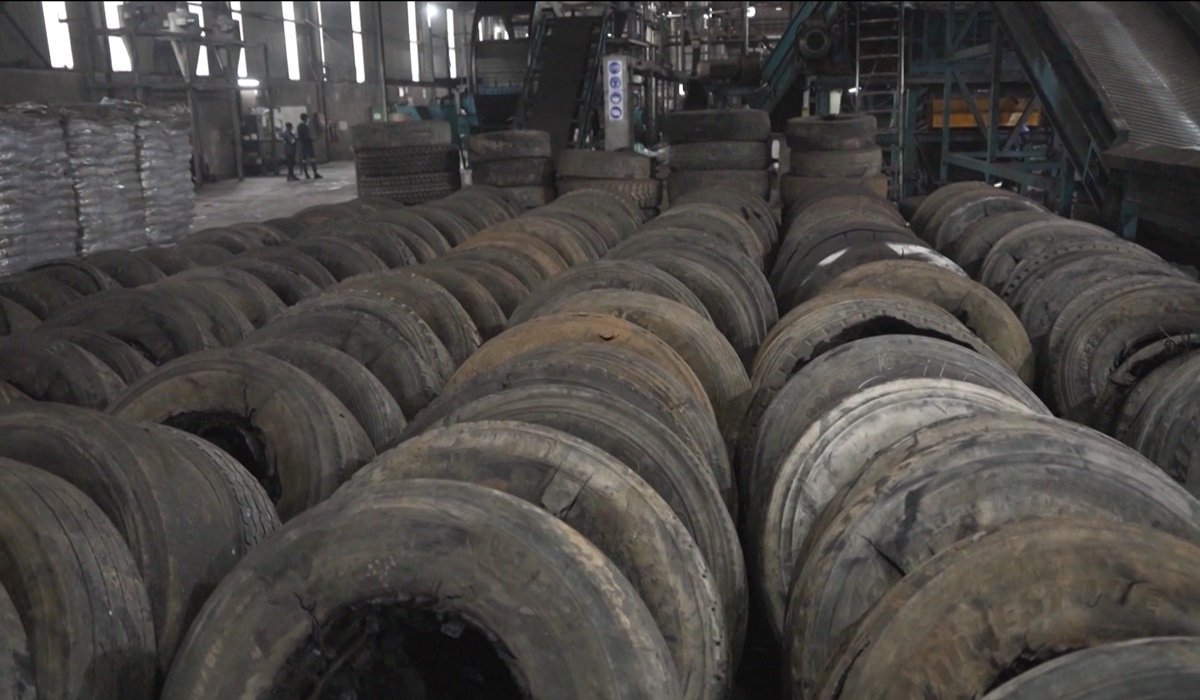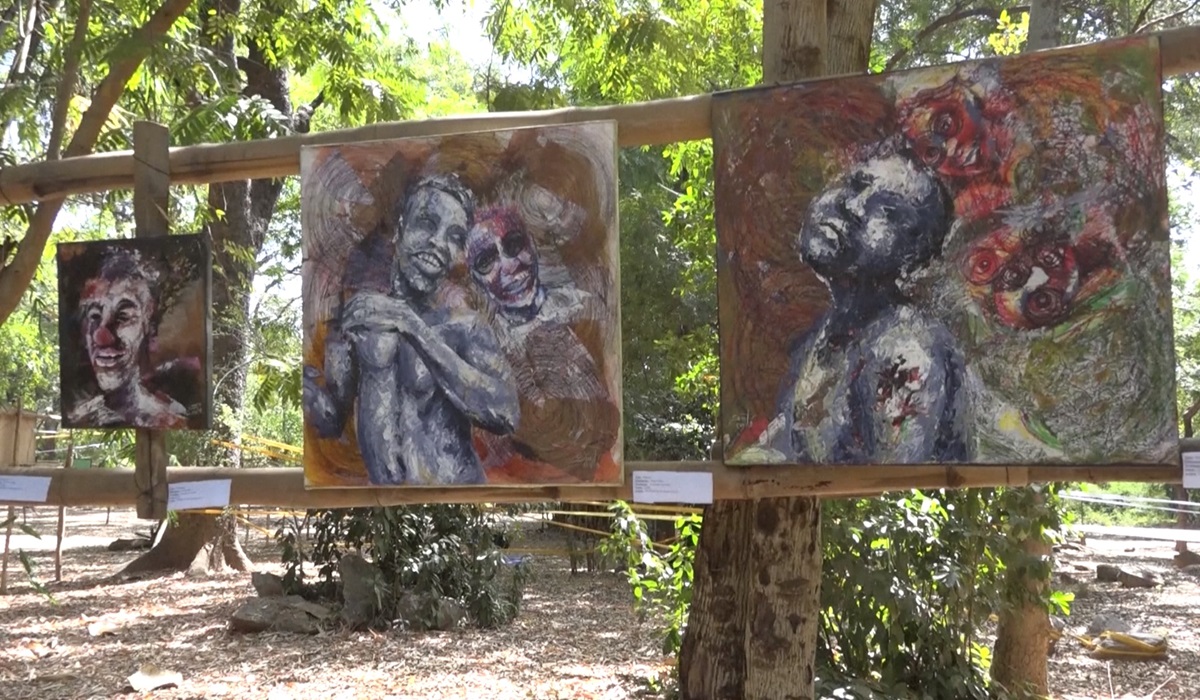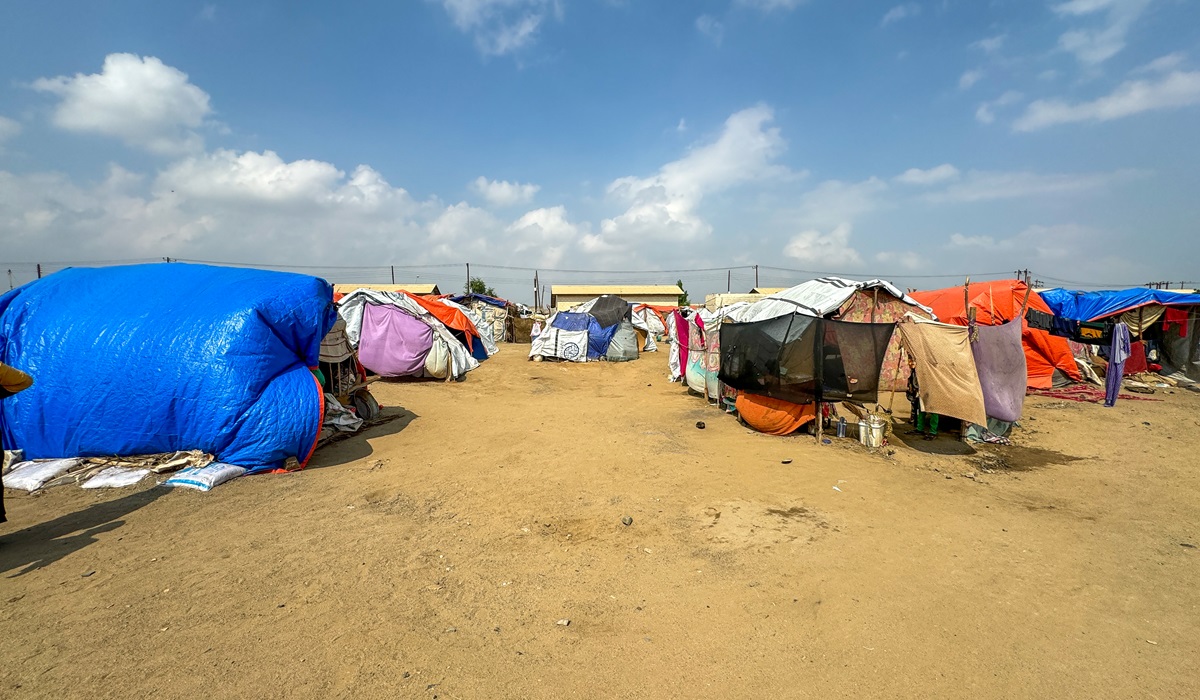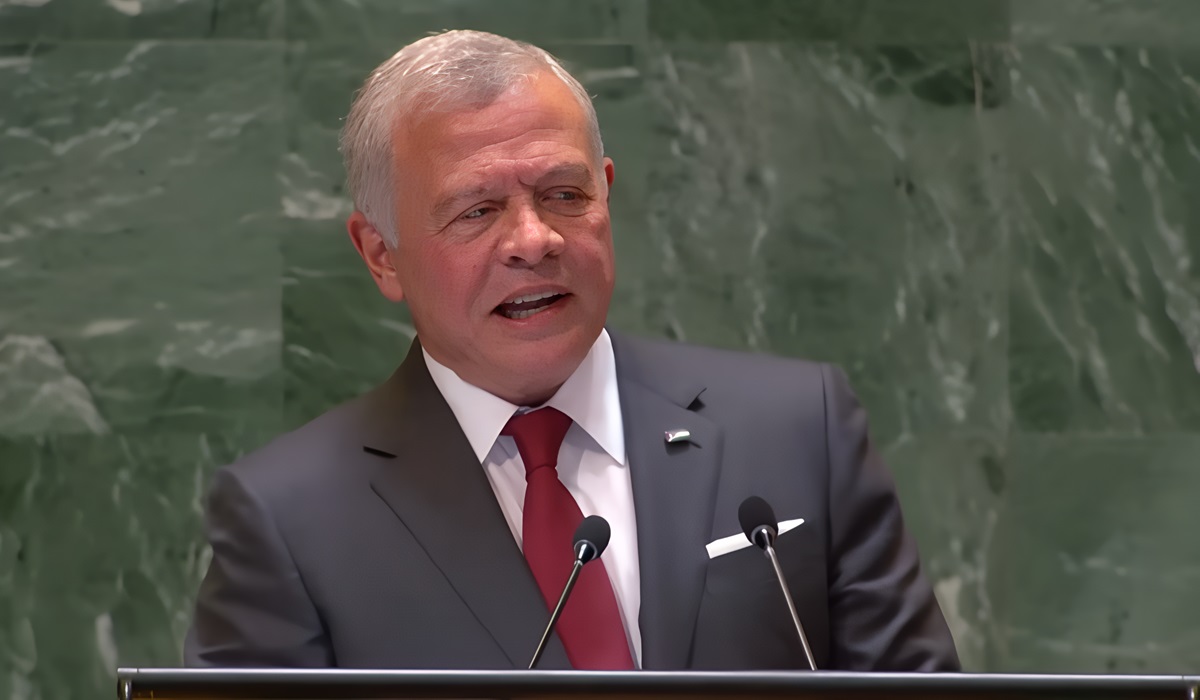New study shows the damaging aftermath of COVID-19 to the South African economy
South Africa’s overall GDP is expected to decline by at least 5.1 and up to 7.9 percent in 2020 and recover slowly through 2024. This will lead to major setbacks in addressing poverty, unemployment and inequality, according to a new United Nations Development Programme (UNDP) study on the socio-economic impact of COVID-19 in South Africa.

The study focuses on how COVID-19 will drive temporary and long-term changes in poverty levels in South Africa. The number of households below the poverty line increases as households fall from the lower middle class. Fifty-four percent of households that have been pushed out of permanent jobs to informal or temporary contracts as a coping mechanism for businesses affected by COVID-19, are likely to fall into poverty after the 6-months stimulus package is over. Thirty-four percent of households are likely to exit the middle class into vulnerability.
Inequalities within and among nations are being exposed and exacerbated by COVID-19, as the poor and vulnerable are unable to protect themselves
“Inequalities within and among nations are being exposed and exacerbated by COVID-19, as the poor and vulnerable are unable to protect themselves,” said UN Resident Coordinator Nardos Bekele-Tomas. “While Government social protection grants tend to target the poorest, this study posits that care and support needs to be provided to those at the borderline of the poverty line, such as the vulnerable middle class, to reduce their likelihood of slipping into poverty.”

Populations hit especially hard are already-impoverished female-headed households, persons with only primary education, persons without social assistance, black populations, and heads of households who have been pushed from permanent to informal employment.
The launch of “The Socio-Economic Impact Assessment of COVID-19 in South Africa” report brought together representatives from government, civil society, private sector and academia. South Africa’s Minister of Cooperative Governance and Traditional Affairs Dr Dlamini-Zuma urged that the study should find its way into every district and municipality. She called for a skills revolution complemented by the adoption of a technology strategy and the delivery of a district developing model by promoting gender-responsive budgeting.
The personal testimony of Khumbulile Thabethe, a single parent with three children, was a stark reminder of how the virus impact hits hardest on the most vulnerable ones. “I’ve had to prioritize food over winter clothing for my three kids. Lockdown started in the warmer months and as we moved to the colder months, I could not cope,” she told the audience.

South Africa is the country with the fifth-highest number of cases COVID-19 in the world, and the highest number of cases on the African continent. The study further observes that economic sectors most disadvantaged by the COVID-19 outbreak include textiles, education services, catering and accommodations (including tourism), beverages, tobacco, glass products, and footwear. Small and medium enterprises are most negatively impacted.

